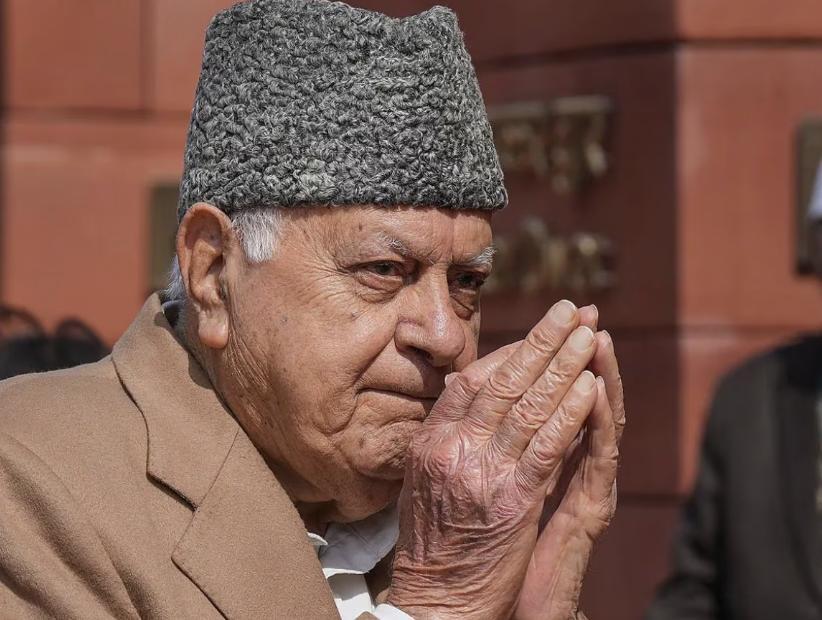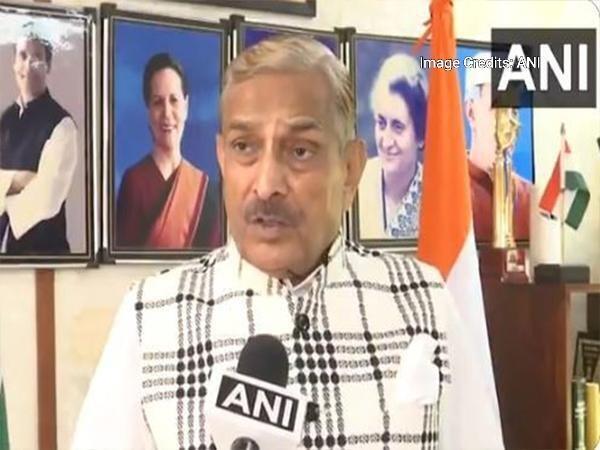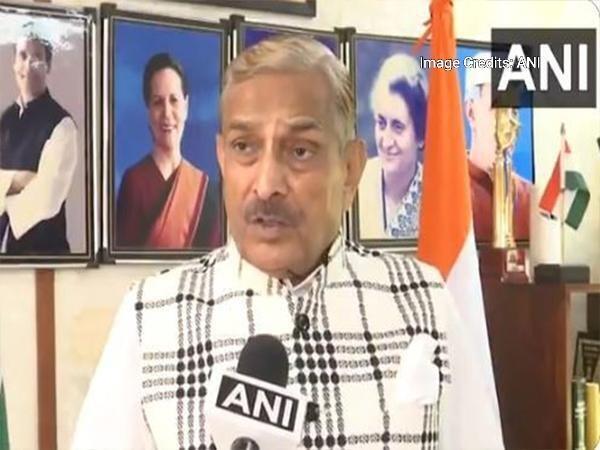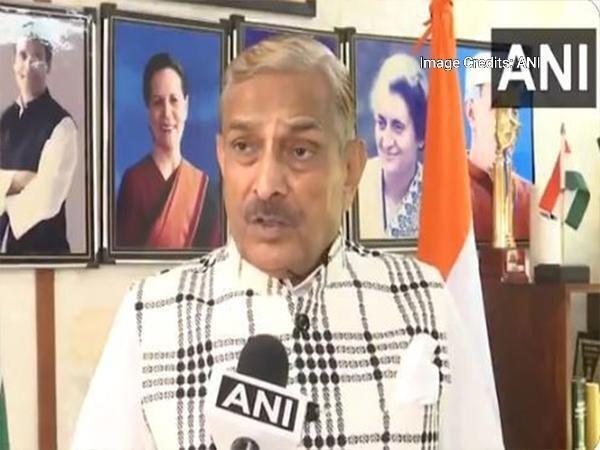
Title: Ex-R&AW chief Dulat claims Farooq privately backed Article 370 abrogation, he denies
The abrogation of Article 370 in August 2019 was a significant event in the history of India, which led to the reorganization of Jammu and Kashmir. The move was met with both praise and criticism, with some hailing it as a bold step towards integrating the erstwhile state with the rest of the country, while others saw it as a violation of the special status accorded to Jammu and Kashmir.
In his new book, “The Chief Minister and the Spy”, former R&AW chief AS Dulat has made some startling claims about the events leading up to the abrogation of Article 370. According to Dulat, former Jammu and Kashmir Chief Minister Farooq Abdullah privately backed the move, and even suggested that his National Conference (NC) party would have helped in passing the Bill in Parliament.
However, Abdullah has denied these claims, calling them a “figment of imagination” of the author, who claims to be his friend. In an interview with the media, Abdullah said, “I do not know what AS Dulat is talking about. I have not made any such statement. It is a figment of his imagination.”
Dulat’s claims have sparked a heated debate, with many questioning the veracity of his assertions. The former R&AW chief has been a key player in India’s intelligence agencies for many years, and his opinions carry significant weight. However, his claims about Abdullah’s support for the abrogation of Article 370 have been met with skepticism by many.
One of the key questions raised by Dulat’s claims is what motivated Abdullah to privately back the move. At the time, Abdullah was the Chief Minister of Jammu and Kashmir, and his support for the abrogation of Article 370 would have been a significant departure from the stance of his party, which has traditionally been opposed to any changes to the special status of the state.
It is worth noting that Dulat’s book is not the first time that questions have been raised about Abdullah’s stance on Article 370. In the past, there have been reports of Abdullah privately meeting with government officials and expressing support for the move. However, these reports have never been confirmed, and Abdullah has consistently denied any involvement in the decision-making process.
Despite the controversy surrounding Dulat’s claims, his book has sparked a much-needed debate about the events leading up to the abrogation of Article 370. The move was a significant one, and it is essential that we understand the motivations and actions of those involved.
In conclusion, while Dulat’s claims about Abdullah’s support for the abrogation of Article 370 remain unclear, they have sparked a necessary debate about the events leading up to the move. As we continue to navigate the complex landscape of Indian politics, it is essential that we remain committed to transparency and accountability.
News Source:
https://repository.inshorts.com/articles/en/PTI/5880e3bf-0a05-40d6-887a-465b5c760b3a





